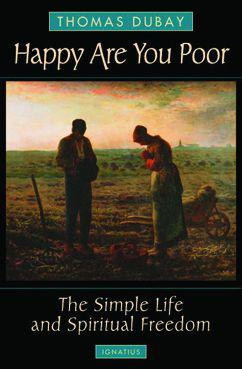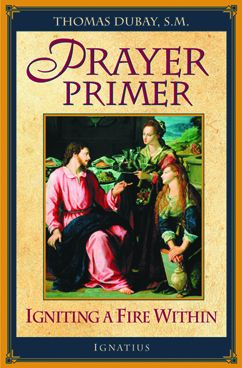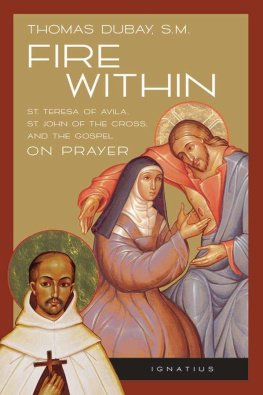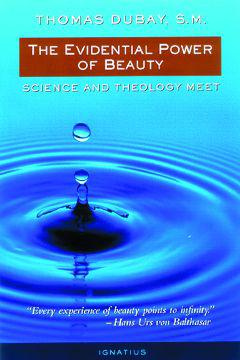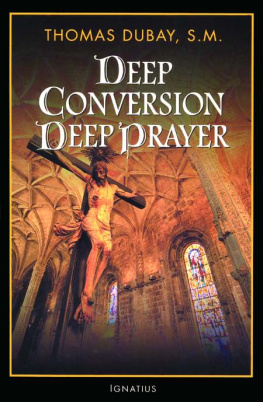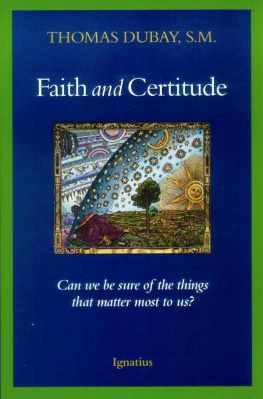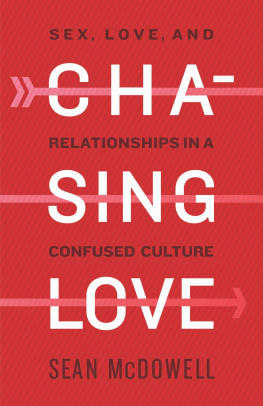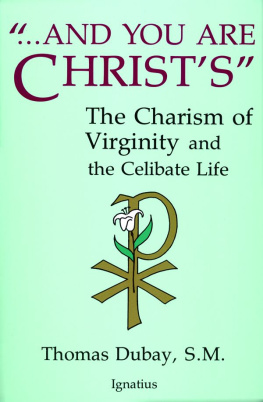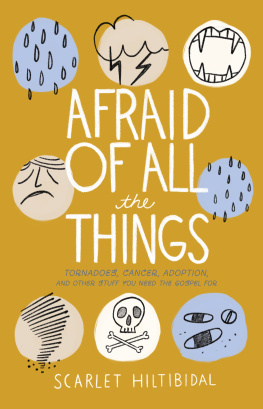HAPPY ARE YOU POOR
THOMAS DUBAY, S.M.
HAPPY ARE
YOU POOR
The Simple Life
and
Spiritual Freedom
IGNATIUS PRESS SAN FRANCISCO
Original edition published by Dimension Books, Denville, N. J.
1981 by Thomas Dubay, S.M.
Published with ecclesiastical approval
Reprinted by permission
Cover art: The Angelus , by Jean Francois Millet (1814-1875)
Muse dOrsay, Paris, France
Cover design by Riz Boncan Marsella
Second edition 2003 by Thomas Dubay, S.M.
All rights reserved
Published by Ignatius Press, San Francisco
ISBN 0-89870-921-0
Library of Congress Control Number 2002105232
Printed in the United States of America
CONTENTS
I PROBLEMS AND PRESUPPOSITIONS
1
2
3
4
II VALUES: WHAT AND WHY?
5
6
7
8
9
III RADICALITY AND SUPERFLUITY
10
11
IV STATES IN LIFE
12
13
14
V JOY
15
16
PREFACE
Books should not be written unless they are needed. Given the bell curve phenomenon in the distribution of human abilities, it is not surprising that most writings, religious or secular, do not rise above the level of mediocrity. Many merely repeat what has been far better said elsewhere. Some are merely trivial even if superbly crafted. Others create interest for no better reason than that they shock some and attract others by revolting against societys sensibilities or the Churchs teaching.
It ill becomes an author to express a confident judgment regarding the merit of his work. If he is sensitive, he is acutely aware of its limitations, and he wishes someone would do a far better job with the same material. But if a book is needed, he sits down and does what he can.
This volume is, in my judgment, needed. In recent years a few worthwhile works on poverty have appeared, but this present one does not repeat their messages, and it does not follow their approaches. The table of contents indicates fairly well what these pages do attempt.
Happy Are You Poor is addressed to everyone in all vocations of life. It seeks to meet the readers where they are (good intentions in this question of material goods but often with much confusion) and to bring them to where they would like to be (completely possessed by God and not by things).
I wish to express gratitude to the editor of Pastoral Life for graciously allowing me to use in Chapter 14 sections of two of my articles which have appeared in that periodical.
This volume is dedicated to the Mother of him who became poor for our sakes (2 Cor 8:9). She saw his poverty firsthand, and she lived it with him. He gave in turn to her as to no other to rejoice in God her Savior.
PART I
PROBLEMS AND PRESUPPOSITIONS
Universal Radicality
To the unprepared eyes of modern men and women the title of this book can hardly be taken seriously. To suggest that poverty is desirable seems to approach absurdity. To imply that it is somehow meant for all people in every vocation may seem outrageous. Yet you have picked up this volume and begun to read. Could it be that some small voice is urging this outrage upon you?
Could it be that this book is written for you?
When most people think of poverty they think of destitution. They envision squalor, malnutrition, ragged clothing, dire housing, omnipresent dirt, the absence of necessities for a decent human life. Whatever gospel poverty might mean, they do not take seriously the thought that destitution is a viable option for themselves.
When they who are better educated in the faith dwell on the idea of Gospel poverty, knowing that it does not mean destitution, they turn their thoughts in the direction of religious life. They have heard of a vow of poverty, and, feeling no call to a vowed life, they dismiss the thought of it quite as readily as the thought of destitution. Obviously a married person cannot seriously entertain either choice as compatible with the roles of responsible spouse and parent.
Yet this same person committed to Christ is probably aware that the Gospel repeatedly speaks of an ideal of poverty, and he wonders whether any of these many references are meant for him. In the liturgy throughout the year, weekdays and Sundays alike, one hears over and over again that the poor are blessed, that we must renounce all that we possess to be a disciple of Christ, that if a person has two tunics and a needy brother has none he must give one away, that it is easier for a camel to pass through the eye of a needle than for a rich man to enter heaven, that we came into the world with nothing and shall leave it with nothing and therefore we ought to be content with food and clothing and gladly give up superfluities. These things are routinely read to all the faithful, these and much else in the same vein.
All this is stark. Admittedly. Indeed, for one who takes the Gospel seriously, it is frightening. Could it possibly be meant for such as the likes of me?
To put the question differently: Is a book which professes to deal with a radical frugality meant only for the person who has a vocation to monastery or convent? Could it be directed also to the laity, even if in somewhat different manners and nuances of meaning? And if it is meant for laymen, would they not be eccentrics on the fringes of society? Almost no normal married person thinks of poverty as an ideal or even a possible way to raise a family. Are there, then, really two Gospel messages about the use of material things? Or is there basically only one?
Perplexity at this point is understandable. Our very next chapter will spell out the confusion in considerable detail, and following chapters will hopefully unravel the obscurities and problems and mysteries. Unfortunately almost nothing is said from our pulpits that would present the faithful with a clear, systematic understanding of the New Testament doctrine on our use of material goods.
Our original question remains: Is this book meant for you? If you are a cleric or religious, the answer obviously is yes. If you are a layman, the answer is again yeseven if it is not obvious to you at the moment. I must say that the answer is emphatically yes.
Scripture scholars seem to be of one mind (I have come across no one of another mind) that most New Testament texts that deal with poverty as an ideal are meant to be applied to all who follow Christ. Some commentators go so far as to say that all such texts are said of everyone without exception. These latter writers are mistaken in their sweeping universality, for there are some texts that are directed to a comparatively small group who are invited to give up their very property for the kingdom. But with the exception of these few texts, all the rest are meant for all classes and all states in life. No doubt all this requires a full justification and explanation. Such will be offered in the pages that follow.
Whom, then, does this work envision? First, the laity. There are many persons, young, middle aged, and elderly, who are yearning for the undiluted message of Christ. They do not want it to be exaggerated, and yet they seek the radical word and wish to live it in their lives. The fact that virginity offers a unique type of freedom for a thoroughgoing pursuit of the kingdom does not imply that laymen are called to an inferior holiness. The greatest of all commandments, that we love God with our whole heart, whole soul, and whole mind, is by definition a totality commandment, and it is directed to all classes of people without exception. States in life vary in the efficiency with which they lead to the goal, but the goal remains the same for all. The laymens living of frugality must differ in some ways from that of the religious and cleric. But the difference is not that between mediocrity and excellence. Evangelical poverty is radical, and it is radical for all.
That the message of this volume is meant for laymen will become progressively more clear as we proceed in our discussion. This clarity especially stands out in Chapters 5 and 9, when we explain why evangelical poverty is so beautiful and freeing an ideal. Because it is a negation in itself, poverty is not sought for its own sake but for what it makes possible and much easier to attain: a radical readiness, a sensitivity to what Jesus is about, a sharing with the needy, an apostolic credibility, a pilgrim witness in a world of dwindling resources. These are values, precious values, to our laity as well as to clergy and religious.
Next page
